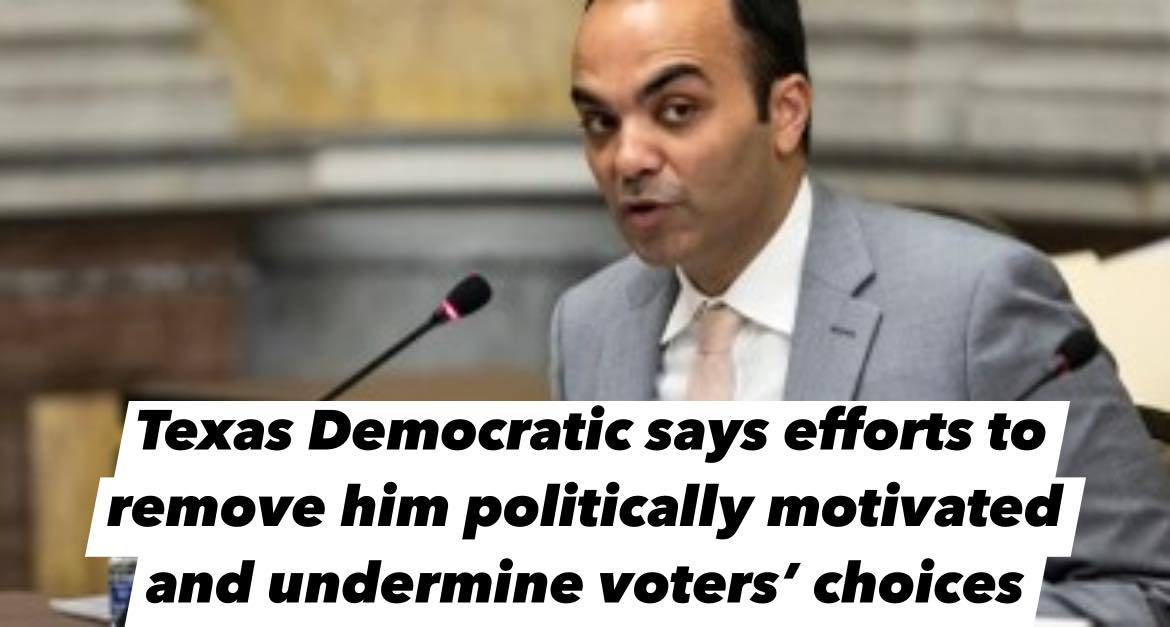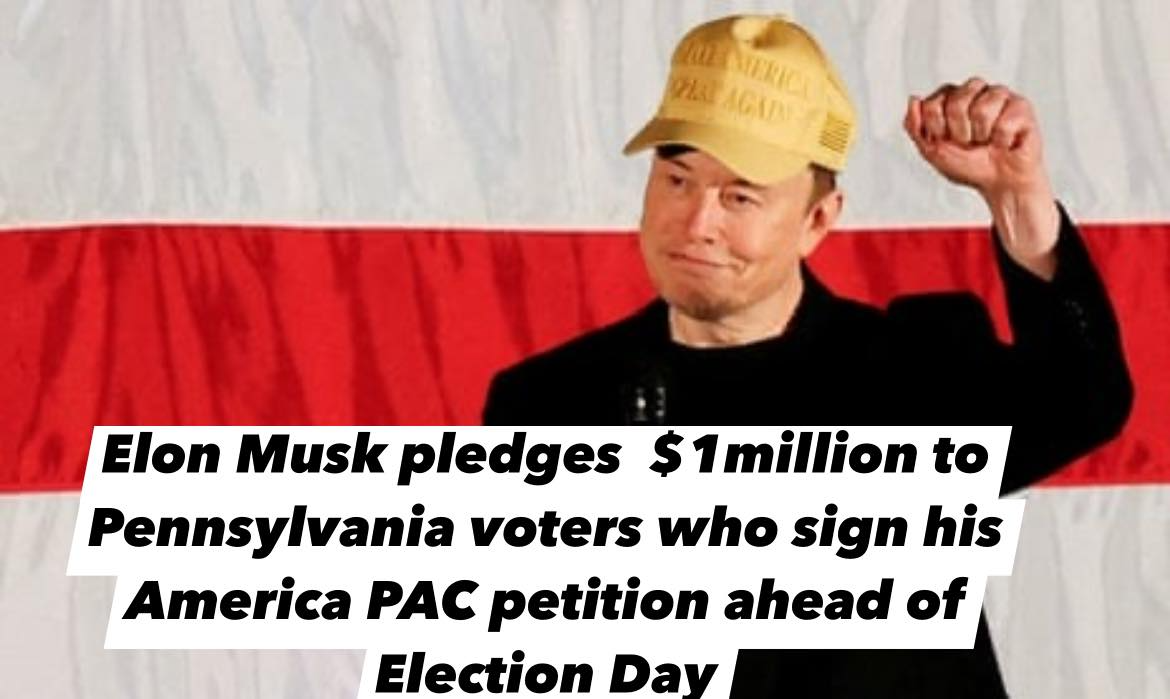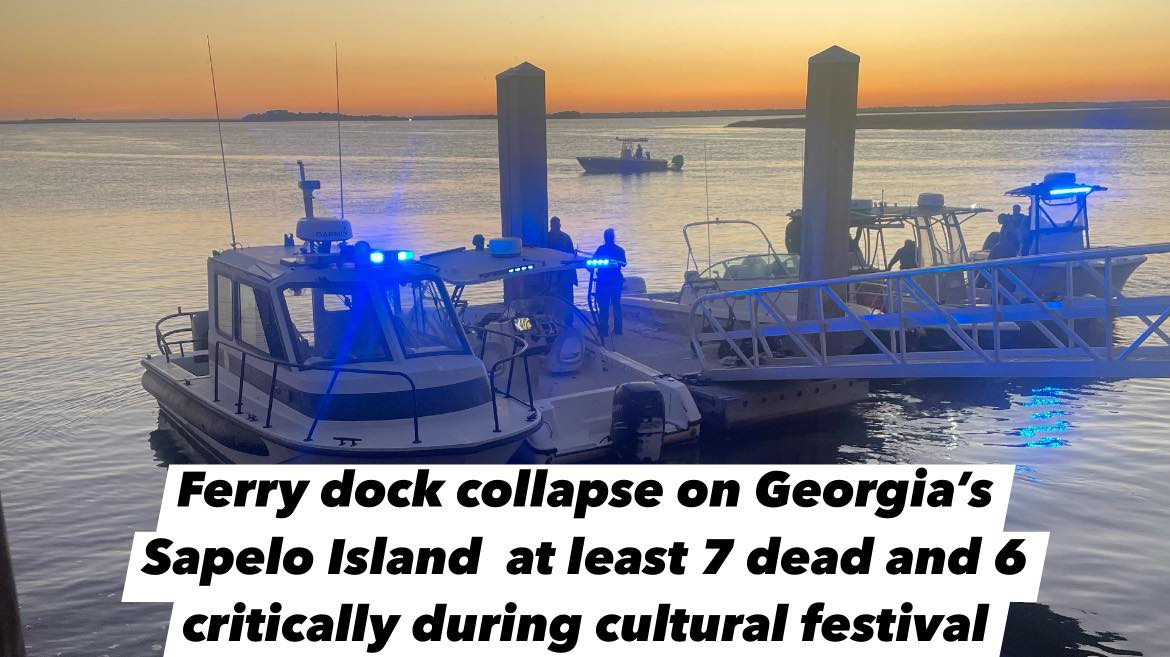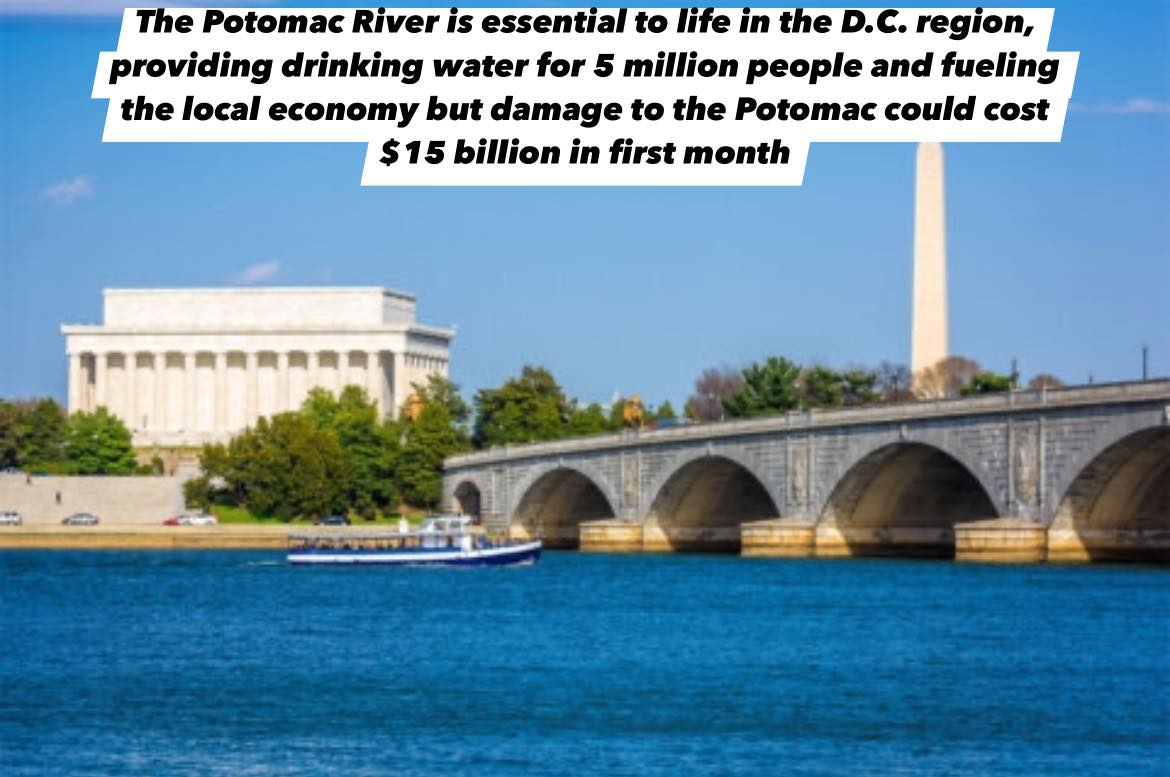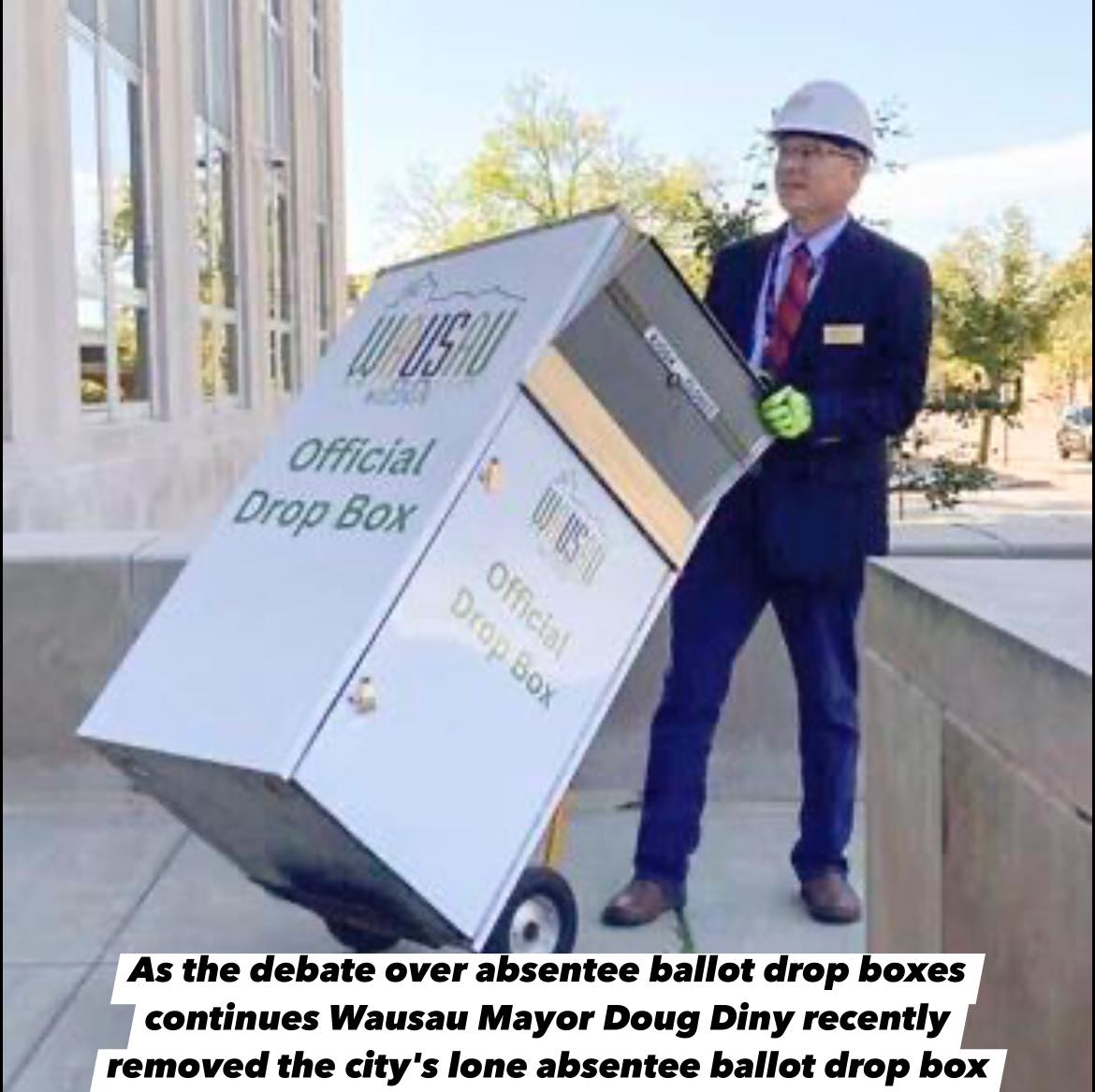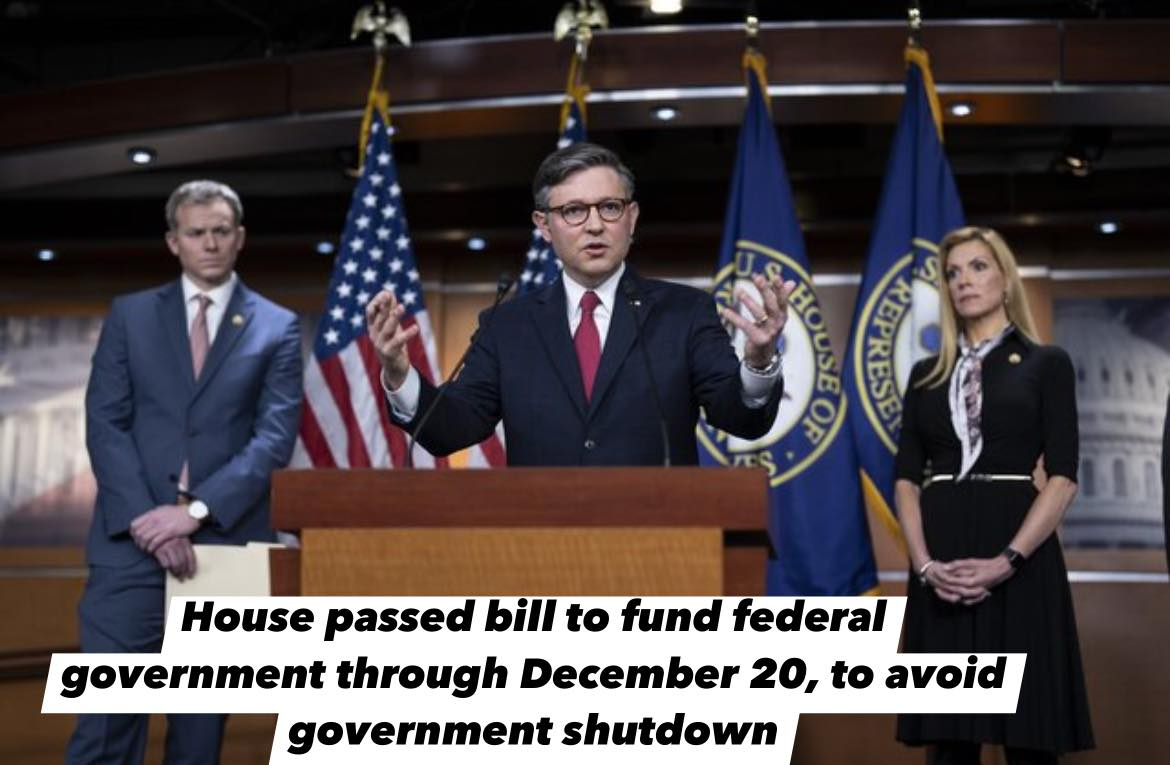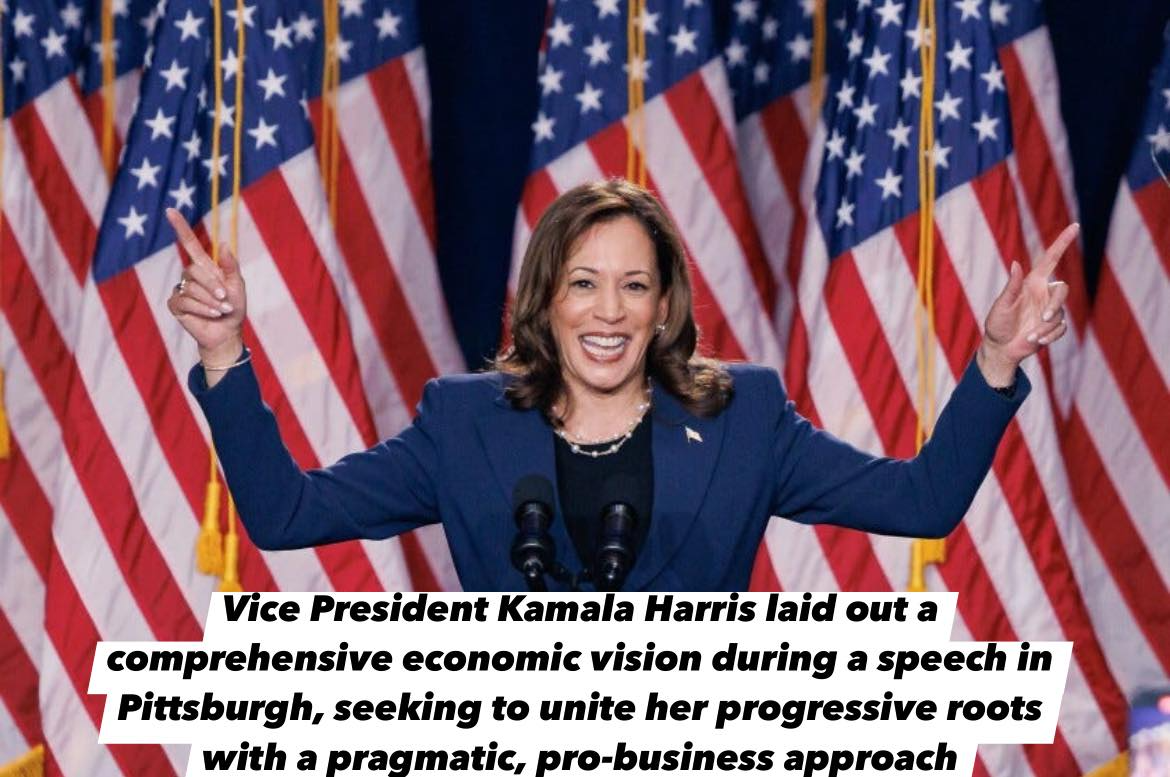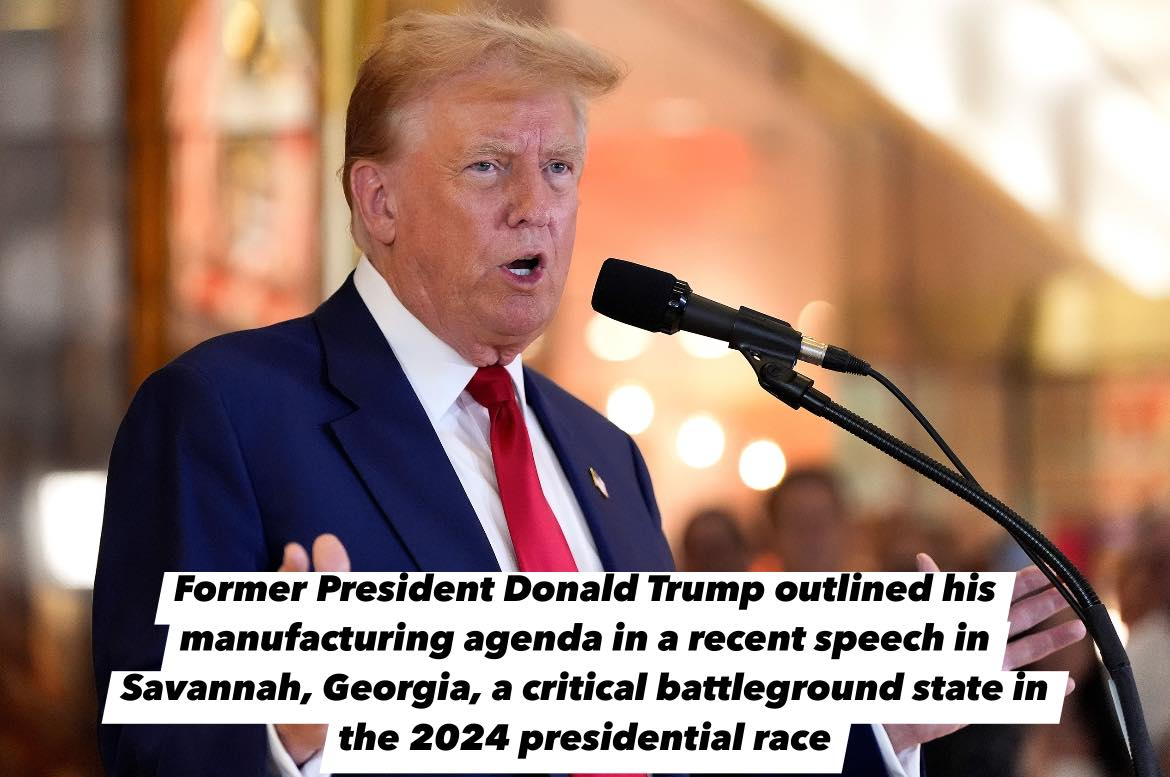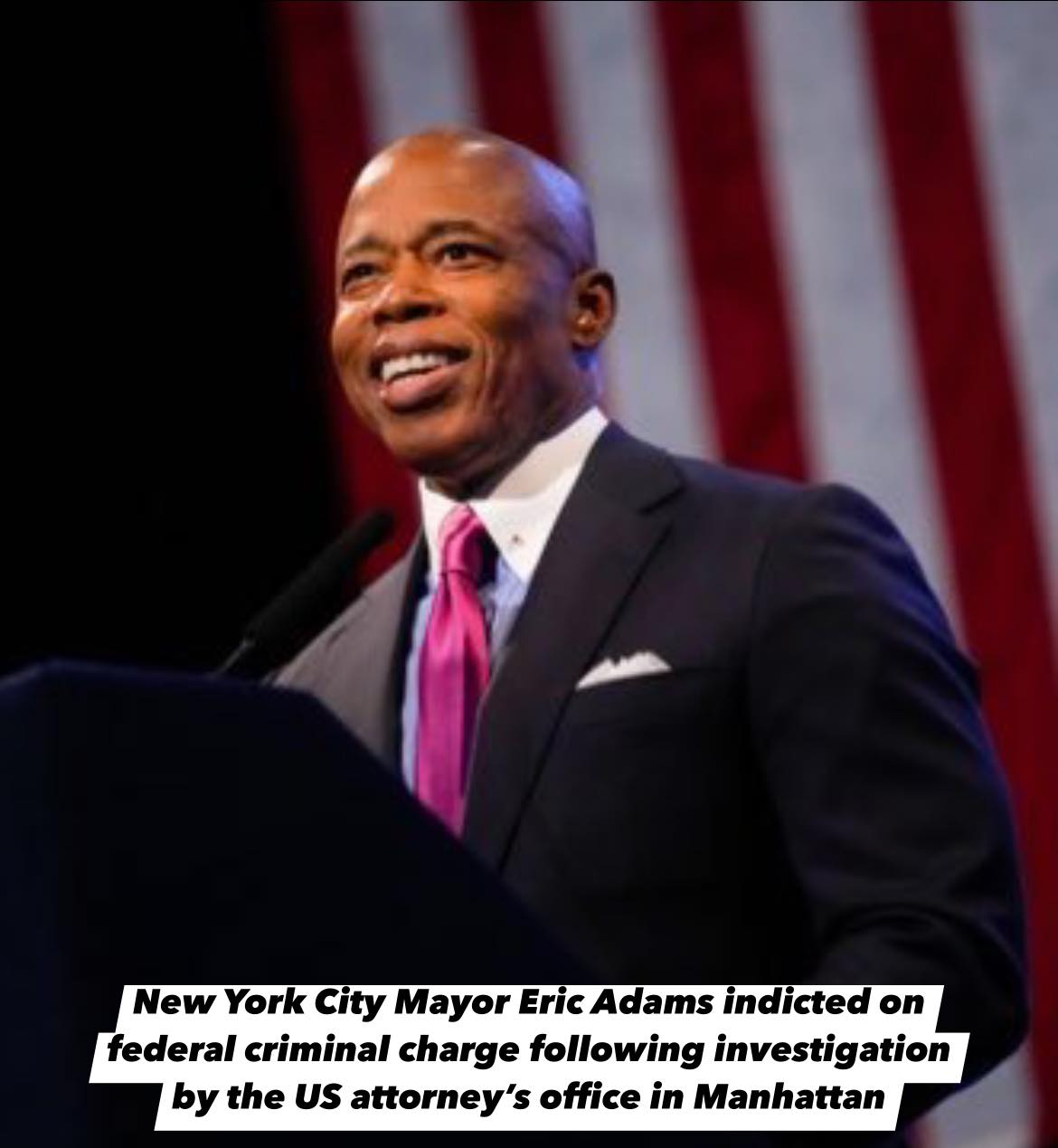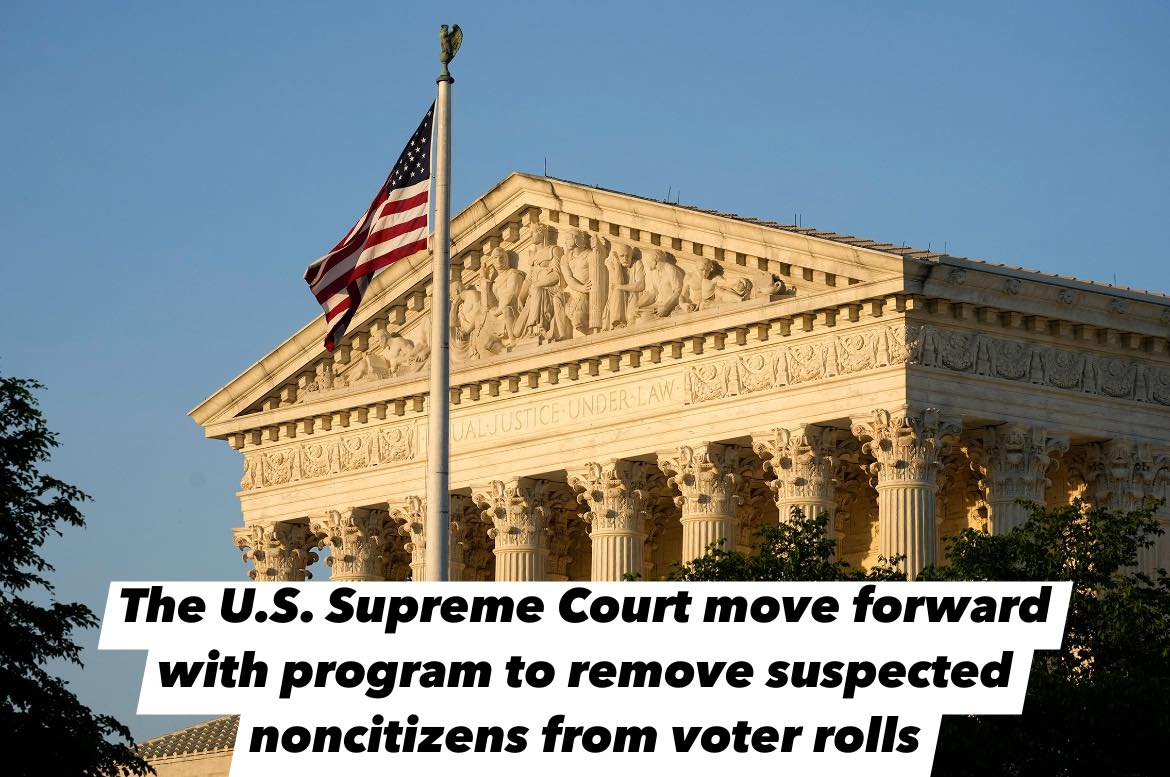
In a recently closely watched case, the U.S. Supreme Court allowed Virginia to move forward with a program to remove suspected noncitizens from voter rolls. This decision aligns with arguments from Virginia’s administration and signals a key development in election policy as we approach next week’s critical votes.
The decision, issued without explanation from the majority, underscores the influence of the court’s “shadow docket”—emergency rulings made without a full hearing—which has increasingly impacted high-stakes political issues. Justices Sonia Sotomayor, Elena Kagan, and Ketanji Brown Jackson dissented, raising questions about the potential impact on eligible voters who could be caught in the purge.This case began with an executive order from Governor Glenn Youngkin directing election officials to identify and remove voters who self-identified as noncitizens at the Department of Motor Vehicles. While Virginia argues this is a necessary step for election integrity, advocates for voting rights warn that the program may inadvertently disenfranchise legitimate citizens, with over 1,600 registrations initially flagged.Governor Youngkin hailed the decision as a “victory for common sense and election fairness,” ensuring that Virginians “can cast their ballots on Election Day knowing that Virginia’s elections are fair, secure, and free from politically-motivated interference.” On the other side, voting rights groups and the Biden administration have pushed back, citing concerns over eligible citizens being swept up in the program and the timing of such changes within the “quiet period” leading up to federal elections.The National Voter Registration Act mandates that states refrain from systematic voter roll changes

